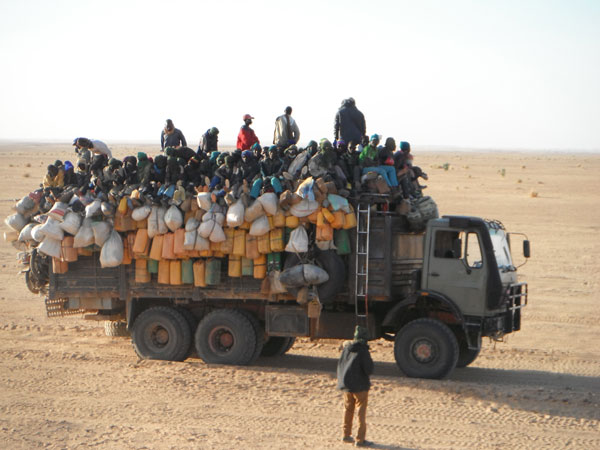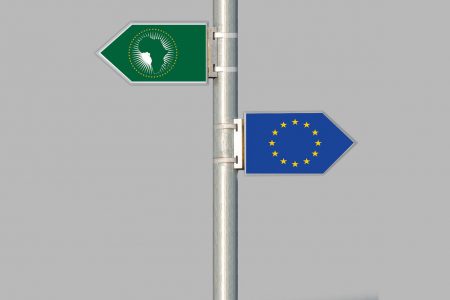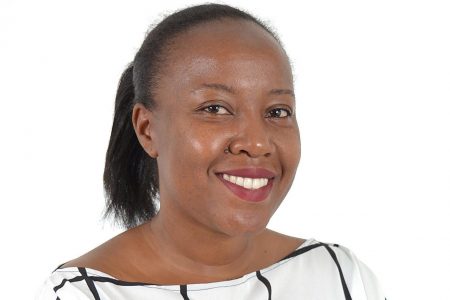To grow their economies, the primary producers of migrants must figure out how to step up the chain onto the platform of significant value addition. The international economic system is often stacked up against them. Europe’s Economic Partnership Agreement (EPA) with Africa isa, in spite of arguments to the contrary, one instrument used to maintain the system.
Migrants from around the world keep knocking on the doors of fortress Europe! Many of them come from Africa. Their numbers are inversely related to the rates of growth of the economies of their countries of origin. In other words, there is a direct correlation between the economic performance of these countries and the pressure on potential migrants to seek the greener pastures of Europe. The link between those two outcomes – growth performance and migration increases – is a term that economists can hardly describe: hope! The more hope a citizen can find at home, the less likely he or she is to venture into the world.
An effective response to migration will demand that a global economic system be designed to bring hope to citizens everywhere. The question that lies beyond economic theories and political wish lists is this: does anybody want to fight for and see a change in the global system? Is Europe capable of doing violence to itself and agreeing to Africa’s need to add value to a its raw materials? Can this be an objective of the EPA? Every one percent of value addition could result in hundreds of thousands fewer “poor” Africans tying to cross the Mediterranean each year. Is Europe willing to trade the advantages of cheap raw materials for the comfort of keeping out bothersome migrants? That, is the question!.
The answer is not going to be simple. One way to begin the process is by ensuring that African countries get the leaders they want and deserve through the electoral process. What does that have to do with anything, the innocent citizen of Dortmund may ask. The simple answer from the pen-pal in Abidjan: “well, we have never had the joy and satisfaction of holding free and fair elections in Côte d’Ivoire without some form of interference from Paris and the Patronat in France”. That is the reality and essence of France-Afrique – a concept of political and economic relations that every African has grown to abhor. Will it be any different in the next elections?
There are some critical elections planned in a number of African countries over the next twelve months, from Kenya with its ethnic-driven search for decisive leadership, through Sierra Leone with its desire to affirm its democratic credentials, to Cameroon with its hope to finally dismantle a decades-old gerontocracy and bring in new leaders with new ideas in governance. Elections are an opportunity to redefine national priorities, debate policy options, and adopt or discard programs that deliver (or not) desired results. In many African countries, these opportunities are often lost, not because political aspirants do not seek them but because of external forces that force particular outcomes in the elections.
Europe could join the rest of the international community and help Africa’s vibrant young demographic find true and committed leaders, or play the game the way it has always been played, leaving these countries with leaders that are more beholden to the international system than to the welfare of their people. The immigration crisis of this century must be seen through the prism of that nexus of economic growth and poverty reduction, free and fair elections and contained immigration.



